President Ho Chi Minh's Legacy: Enduring Values of Global Unity
| Hungarian National Day Celebration Ceremony Takes Place in Ho Chi Minh City | |
| Ho Chi Minh City Strengthens Special Ties with Lao Provinces |
At the conference, Dong Huy Cuong, Director of the Vietnam Institute for International and Public Diplomacy Studies, under the Viet Nam Union of Friendship Organizations, delivered a speech on “Eternal values regarding international solidarity in President Ho Chi Minh's Testament”.
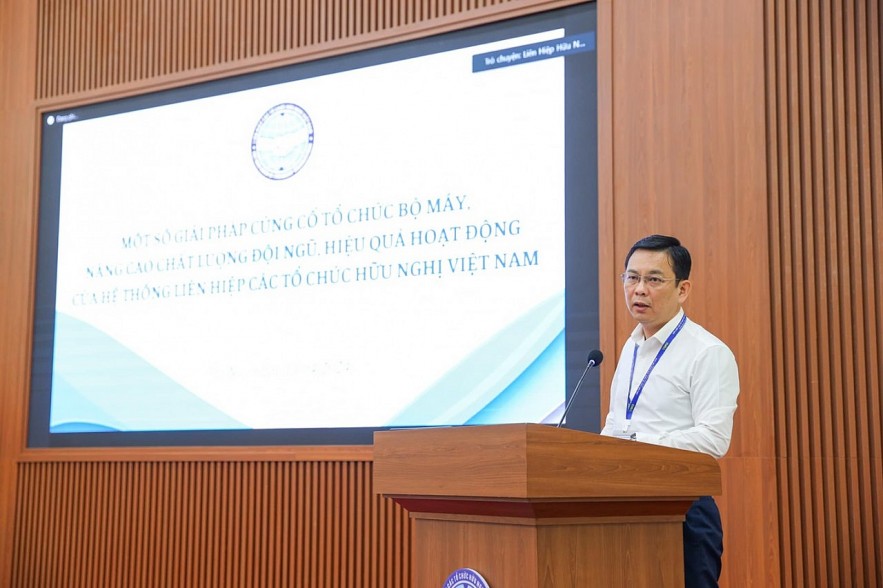 |
| Dong Huy Cuong, Director of the Vietnam Institute for International and Public Diplomacy Studies, under the Viet Nam Union of Friendship Organizations. |
His speech goes:
President Ho Chi Minh was both the founder of the way to save the country, and the pioneer in laying the foundation for Vietnam's revolutionary diplomacy. During his quest to liberate the nation, he traveled through numerous colonial and capitalist countries, empathizing with the laboring masses, particularly those in colonized nations. He recognized that the unity of the Vietnamese people, together with international solidarity, was a crucial element in securing victory for the Vietnamese revolution, socialism, and the national liberation movement.
According to the beloved leader, solidarity is the crucial source of strength that creates all successes. He said “Solidarity, solidarity, great solidarity/ Success, success, great success”. Regarding the Vietnamese revolution, President Ho Chi Minh emphasized that “the strength, greatness and endurance of the Vietnamese people are fundamentally based the solidarity of the Vietnamese people and the support from the global community… International solidarity has great significance for us”[1]. He also said “The Vietnamese revolution has consistently garnered the sympathy and of the global working class and revolutionary people, particularly from the citizens of brother socialist nations. This profound international solidarity has been a crucial factor in the triumph of the Vietnamese revolution.” In His thought, the solidarity of the country's people combined with international solidarity is also “combination of national strength and the strength of the era”.
Based on that ideology, since the 1920s, President Ho Chi Minh identified and directly organized the implementation of two fundamental perspectives on foreign affairs: firstly, to unite with the proletariat and oppressed peoples globally; secondly, to connect the colonial revolution with the revolution of the French working class. Rooted in this profound humanism, President Ho Chi Minh significantly contributed to founding organizations such as the "Colonial Union (1921)" and the "Union of Oppressed Peoples in East Asia (1925)." Furthermore, he sent 11 Vietnamese representatives to participate in the World Congress of Partisans for Peace in Paris in 1949, a pivotal event in the establishment of the World Peace Council.
Before his passing to join the world of the enlightened, President Ho Chi Minh, in the very first passages of the sacred Testament he left behind, expressed his gratitude for the significant contributions of compatriots, officials, and soldiers from all over the country, as well as the spiritual and material support from international friends. This gratitude reflects the Vietnamese tradition of loyalty, steadfastness, and honoring love and justice. He wrote: "Our people's struggle against the US for national salvation, despite requiring further hardships and sacrifices, is destined for complete triumph. This is an absolute certainty. On that victorious day, I plan to travel the North and South to celebrate with our valiant countrymen, officials, and soldiers, and to visit our cherished elders, youth, and children. Subsequently, representing our nation, I will extend our gratitude to the brotherly nations in the socialist bloc and the friendly nations worldwide who have wholeheartedly supported and assisted our people's battle against the US for national salvation."
Along with his confidence in the strength of international solidarity, he also expressed his concern about the lack of internal unity among communist parties. He said in his Testament: “Having dedicated my life to the revolution, I take great pride in the progress of the international communist and workers' movement. Yet, it is with a heavy heart that I witness the current discord among the brotherly parties. I hold the conviction that our Party will endeavor to contribute effectively to reestablishing unity among the parties, grounded in Marxism-Leninism and proletarian internationalism, through both reason and emotion. I am steadfast in my belief that the brotherly parties and countries will of course reunite.”
President Ho Chi Minh also believed that improving Vietnam would help improve the world; “Our entire Party and people must unite and strive to build a peaceful, unified, independent, democratic and prosperous Vietnam, and make a worthy contribution to the global revolutionary cause”
His revoluntionary ideology on international solidarity can be said to be an important factor in Vietnam's revolution success, mobilizing an unprecedentedly broad front of global community to unite and support the two just struggles for independence and unification of our people, as well as in the current cause of building and defending the Fatherland.
Inheriting President Ho Chi Minh's ideology on international solidarity, in the context of deeper and more intensive globalization and international integration, to continue "combining national strength with the strength of the era", our Party has acknowledged the era's new trends, steadfastly implementing the foreign policy of openness, multilateralization, and diversification in international relations... "Vietnam is a friend, a reliable partner, an active and responsible member of the international community". From that righteous policy, our country has steadily recovered from the state of siege and embargo, broadening its foreign relations.. To date, our country has established diplomatic relations with 193 countries globally, including comprehensive and strategic partnerships with 18 nations, which include five members of the United Nations Security Council, and comprehensive partnerships with 13 other countries. Vietnam has also participated in more than 70 important multilateral mechanisms and signed 16 Free Trade Agreements (FTAs). These achievements contributes to make "our country has never had such fortune, potential position and international prestige as it does today," as commented by the late General Secretary Nguyen Phu Trong.
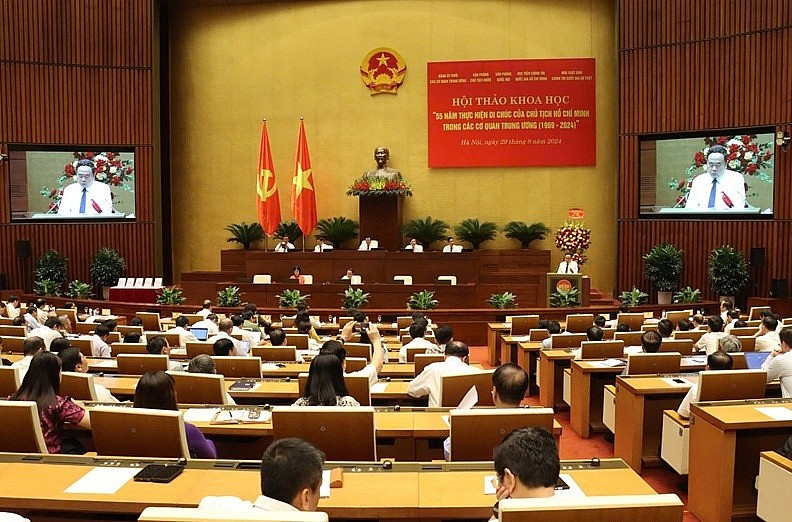 |
| Conference entitled "55 years of implementing President Ho Chi Minh's Testament in Central Agencies' Bloc (1969-2024)." |
To continue to effectively applying President Ho Chi Minh's ideology of international solidarity in the process of formulating and implementing foreign policy amidst a mix of favorable opportunities and complex difficulties and challenges, the following aspects need to be diligently addressed:
Firstly, there is a need to fortify the application, continuously develop, and innovate Ho Chi Minh's thoughts on international solidarity throughout the cooperation process and the implementation of current foreign policy. In a world that is volatile, complex, and unpredictable, it is crucial to discern global trends and movements that align with the Party's policies, guidelines, and Vietnam's objectives, in order to make our country's protection, construction and development a part of the cause of building and protecting peace, stability and sustainable development of the world, to both realize the policy of "is a friend, a reliable partner and a responsible member of the international community" and continue to "combine national strength with the strength of the era" as President Ho Chi Minh's thought.
Secondly, it is necessary to continue to thoroughly grasp and properly and effectively implement the foreign policy of independence, self-reliance, peace, cooperation and development; multilateralization and diversification in foreign relations, proactive and active integration into the international community, for the benefit of the nation and people on the basis of the fundamental principles of the United Nations Charter and international law, equality, cooperation, and mutual benefit.
Third, it is necessary to continue to closely combine foreign affairs with national defense, security and economy; to increasingly strengthen effective coordination between the pillars of Party diplomacy, State diplomacy and people-to-people diplomacy, to create a solid tripod, so that foreign affairs can further promote "the pioneering role in creating and maintaining a peaceful and stable environment, contributing to protecting the country early and from afar, mobilizing external resources to contribute to realizing the development aspiration, enhancing the position and prestige of the country". Vietnam's foreign affairs, including people-to-people diplomacy, must continue to practically serve the cause of building and defending the Fatherland.
The ideology of international solidarity that President Ho Chi Minh left for future generations is an extremely valuable asset. Applying his ideology creatively and effectively in the realm of current foreign affairs significantly contributes to the efforts of constructing and safeguarding Vietnam's socialist homeland.
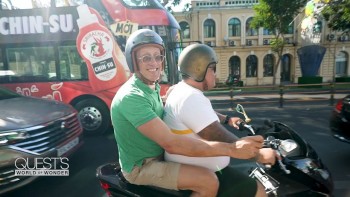 | CNN Travel Show Introduces Ho Chi Minh City Tourism Ho Chi Minh City appeared in the latest episode of the world-famous program "Quest's World of Wonder" on CNN, with veteran and beloved host Richard ... |
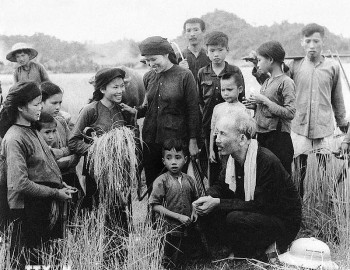 | President Ho Chi Minh's ideology remains relevant today: Argentinian journalists President Ho Chi Minh went down in history as a distinguished politician of the international communist movement and a great leader of the Vietnamese people, ... |
Recommended
 Focus
Focus
Vietnam Leaves Imprints on the World Peacekeeping Map
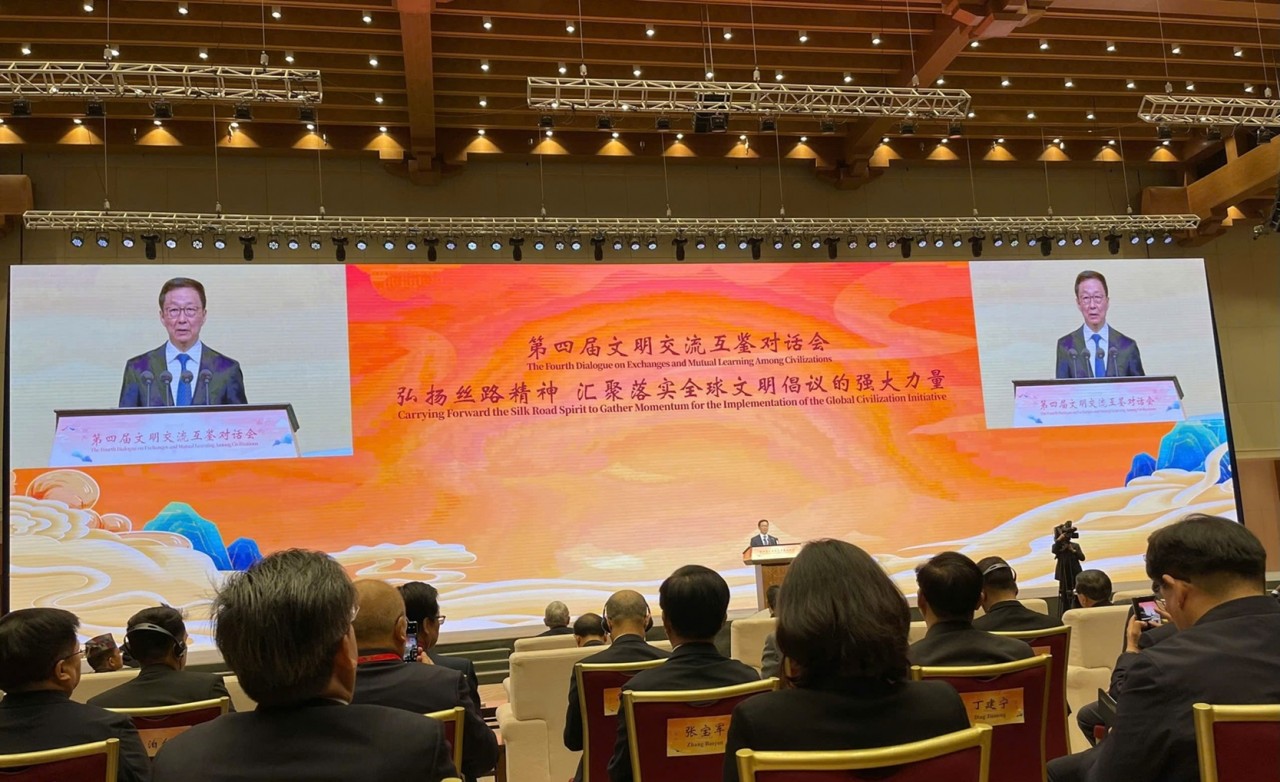 Friendship
Friendship
VUFO Attends Fourth Dialogue on Exchange and Mutual Learning among Civilizations
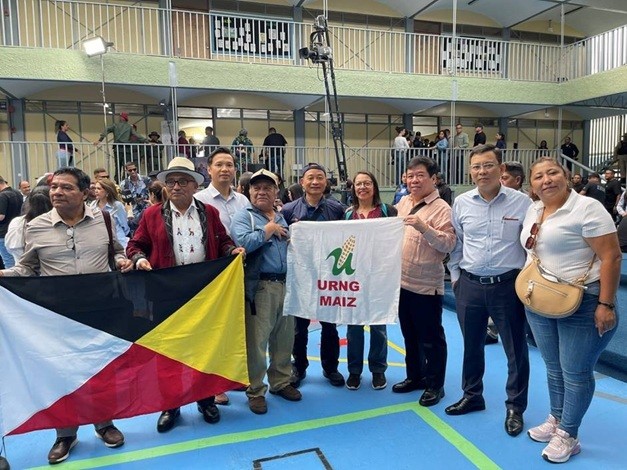 Focus
Focus
Strengthen Solidarity and Friendship Between Vietnam and Venezuela
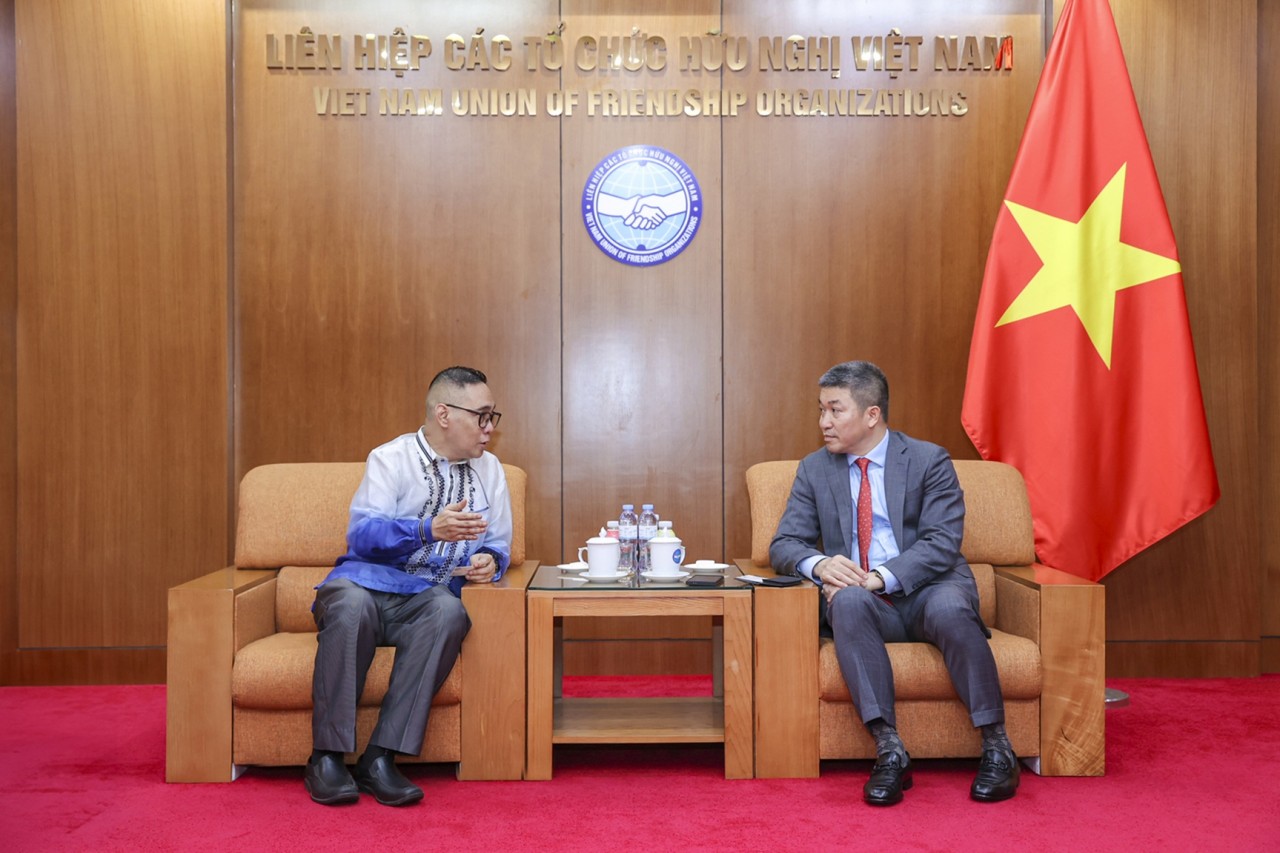 Friendship
Friendship
VUFO Supports Initiatives to Enhance People-to-people Exchanges between Vietnam and the Philippines
Popular article
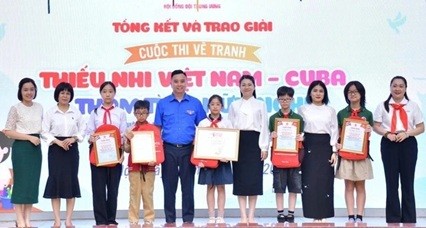 Focus
Focus
"Vietnamese - Cuban Children, Deep Friendship" Painting Contest Announces Winners
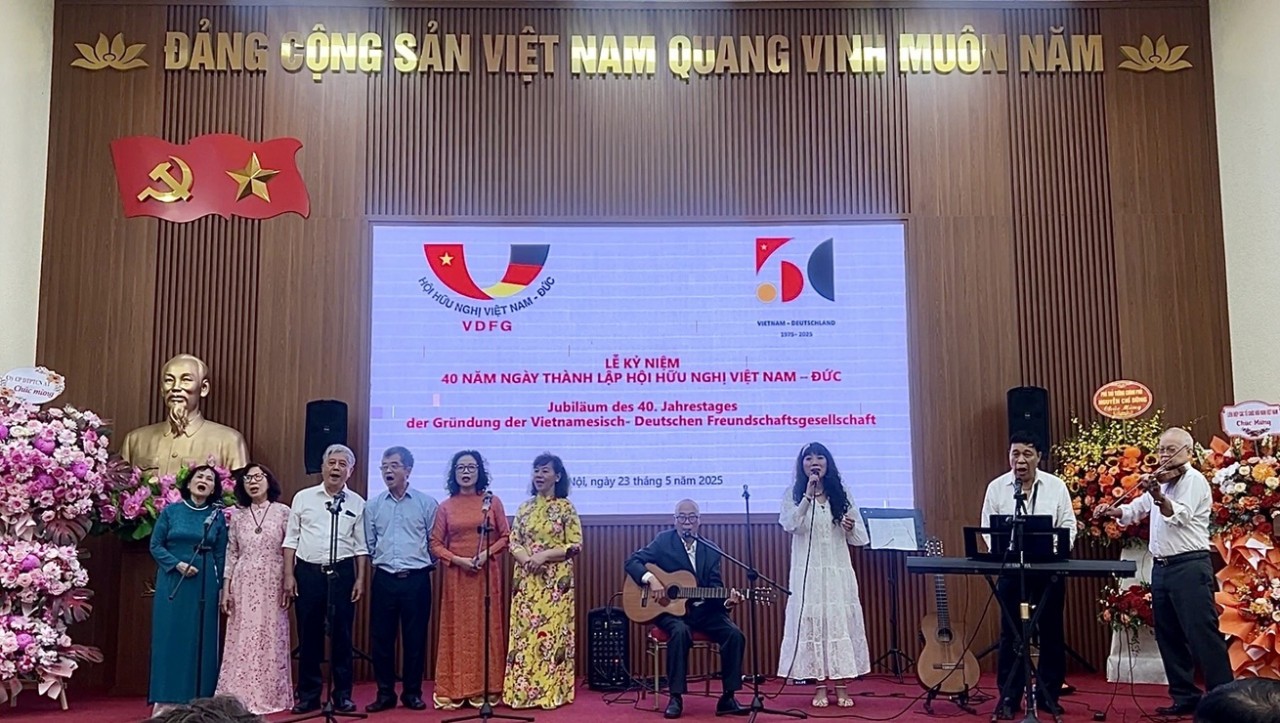 Focus
Focus
Solid Bridge for People-to-people Relations between Vietnam and Germany
 Focus
Focus
35 Years of FES in Vietnam: Fostering Dialogue, Advancing Equity
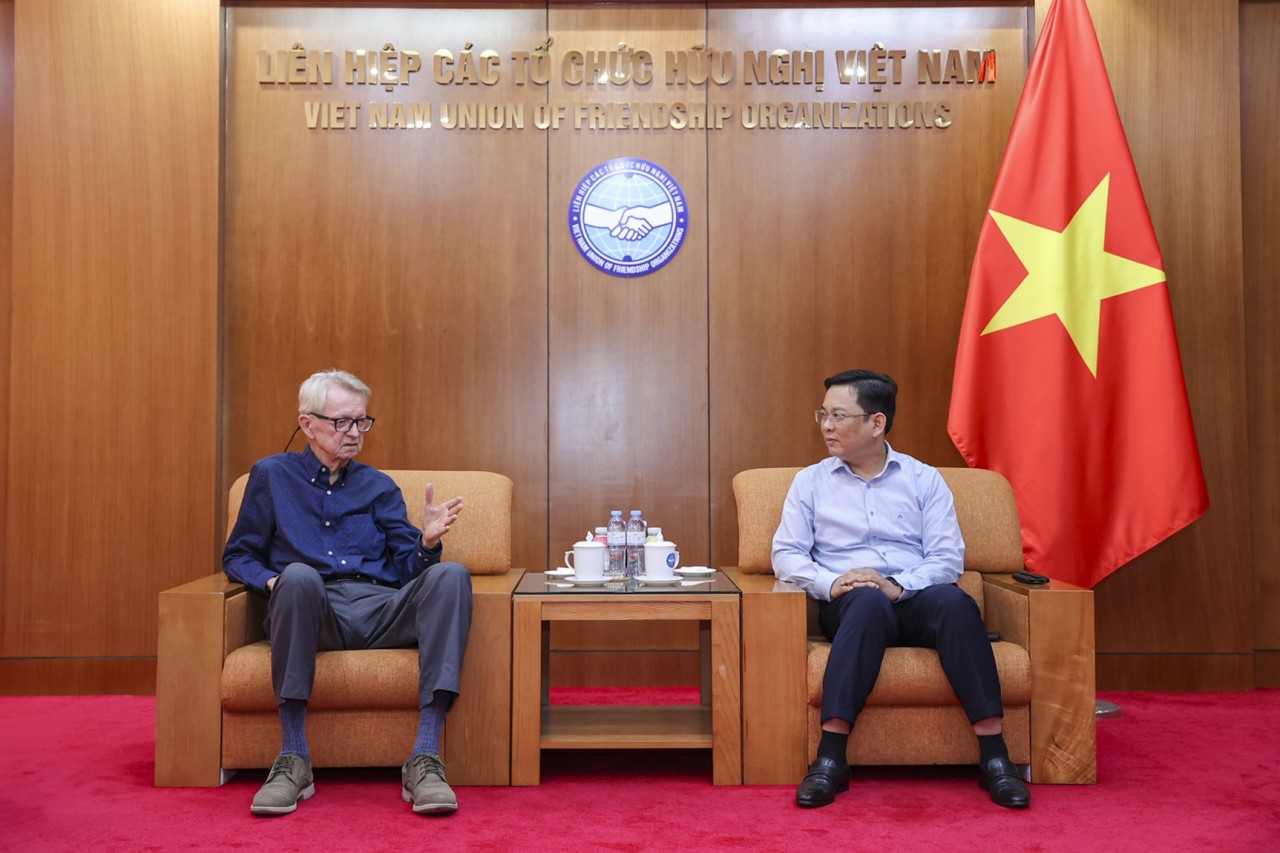 Friendship
Friendship



